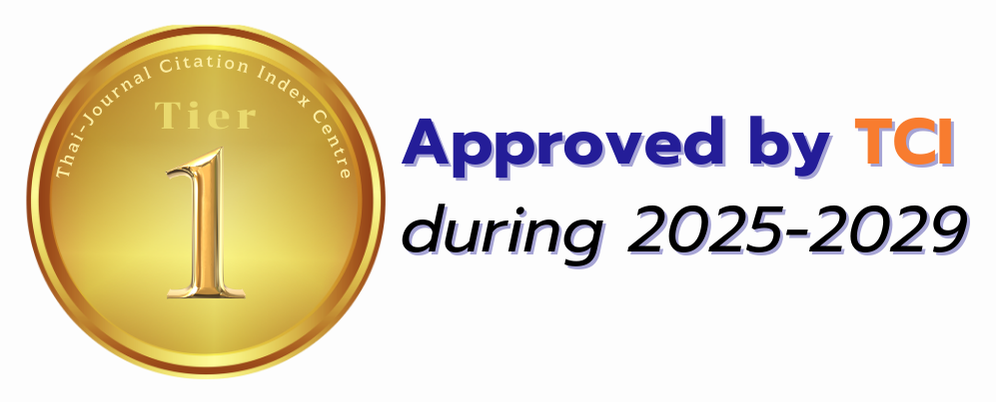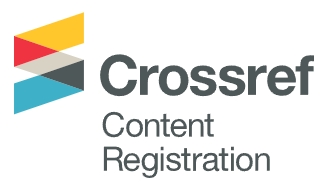Analysis of constraints faced by beneficiaries of integrated Murrah development scheme (IMDS) in Haryana
Keywords:
Buffaloes, Bubalus bubalis, Constraints, Administrative, Technical, Infrastructural and operational, Economic, Sociopsychological, IMDS, Beneficiaries, Sanctioning, Maintaining, Haryana, IndiaAbstract
Murrah, also known as “black gold of India’ from Haryana is the major source of germ-plasm for quality up-gradation of other low producing buffaloes in India. An “Integrated Murrah Development Scheme” (IMDS) has been implemented in Haryana to conserve the top quality Murrah germplasm. The present study is conducted in Haryana to analyze the various constraints faced by the beneficiaries of IMDS. The responses were taken from 160 beneficiaries from a total of 32 villages from 8 blocks of 4 districts of Haryana. Study revealed that “Concerned officials are not much interested to visit the area and conducting regular meetings with beneficiaries” and “delay from project personnel in sanctioning the funds” were the major administrative constraints in order of severity. Under technical constraints “lack of knowledge about scientific feeding, breeding, health-care and management practices of buffaloes” followed by “lack of awareness about the IMDS” were the most severe. “Concerned staff was not taking much interest in imparting awareness training camps” followed by “Practical demonstration facilities are inadequate under IMDS” were important infrastructural and operational constraints. “Delay in getting incentive money for the owner of animal under scheme” and “preference for jobs rather than dairy-based self-employments” were the economic and socio-psychological constraints, respectively. Difficulty in maintaining records due to illiteracy and lack of awareness, lack of decision-making ability were other miscellaneous constraints faced by beneficiaries of IMDS. To run this scheme in sustainable manner for conservation of Murrah breed, there is dire need to remove of these constraints on priority.





.png)








